Acne and Scarring treatments
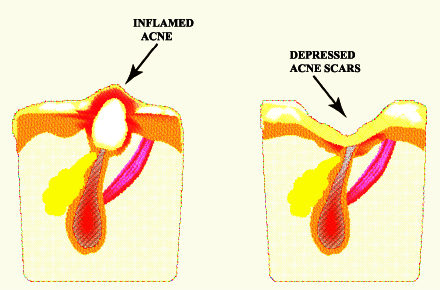
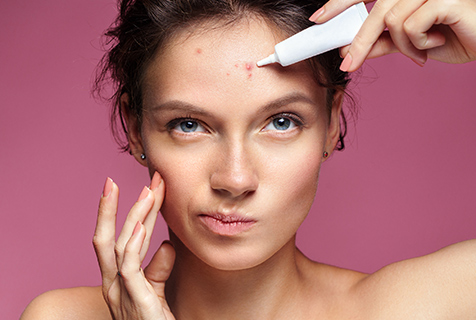
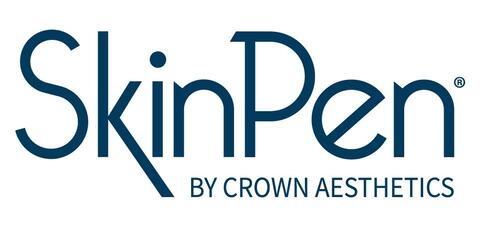
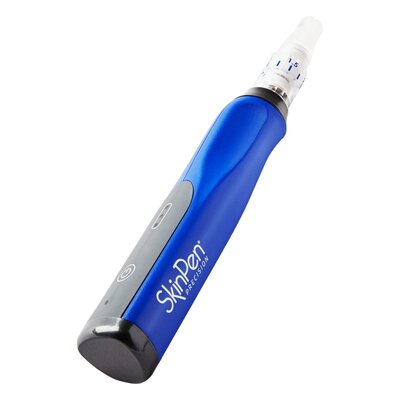
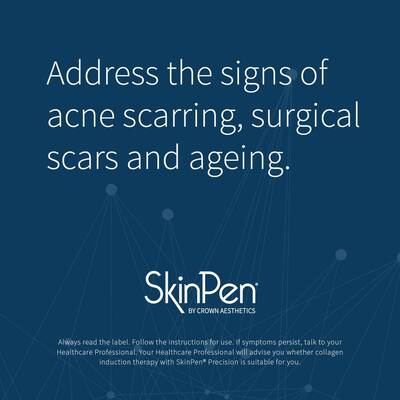
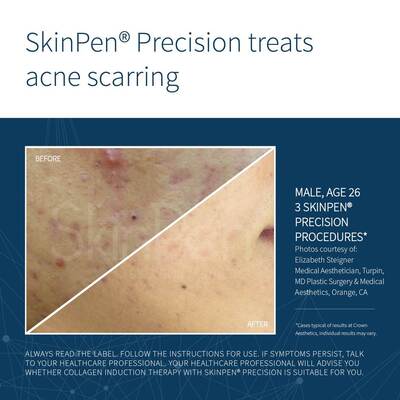
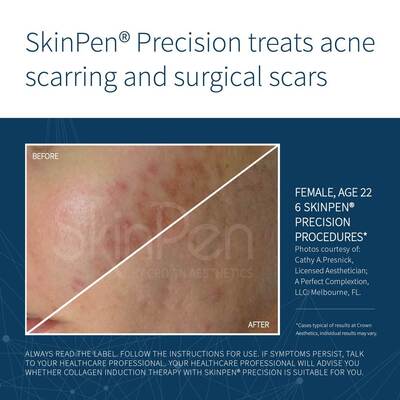
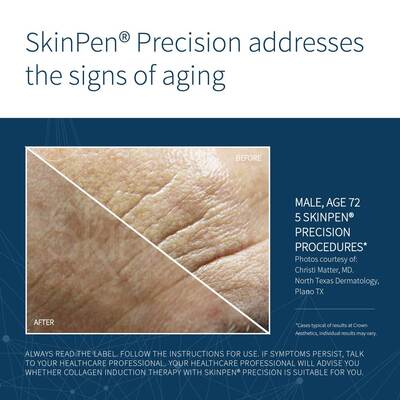
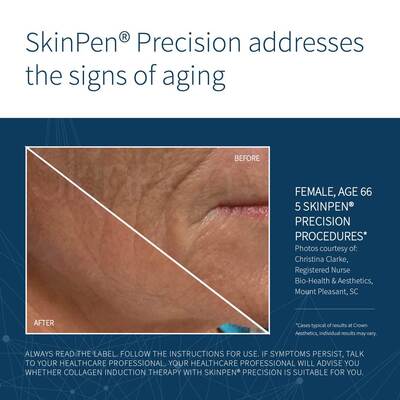
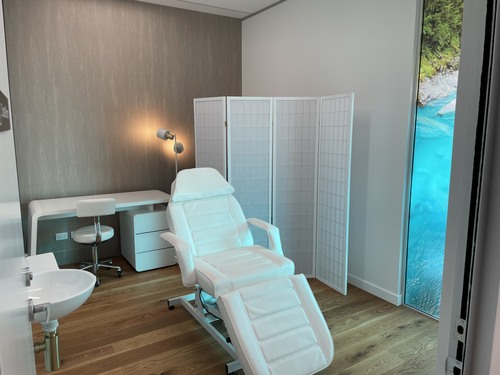
Acne is a common skin condition which can affect adults and children. It often presents in the teenage years when hormones (androgens) cause the sebaceous (oil) glands to produce more sebum. When the gland gets blocked the bacteria which usually cause no trouble on our skin start to oxidise and this causes inflammation. This will cause spots (pustules), and sometimes tender red lumps like cysts to form in the skin.
Where do you get acne?
Acne usually affects the face, neck, chest and back as this is where you have the highest number of oil (sebaceous) glands.
Who Gets Acne?
Acne can affect people at any age. Even babies can be affected. It is common on teenagers in both males and females. It tends to effects males more severely as they have higher levels of circulating hormones than females. Females may find that their acne fluctuates with their menstrual cycle due to the changing levels of hormones. However, it is often the case that the acne resolves as teenagers reach their twenties.
Acne can also start in adulthood. At this age it is more common in women and it tends to persist for decades if untreated.
What else can Aggravate acne?
We know that hormones have an important role to play in causing acne but there are other factors which can cause a flare or worsening of acne. Eating foods high in sugar causes a spike in insulin which is now known to worsen acne. It is recommended to eat foods with a low glycaemic index (GI index) such as protein and complex carbohydrates (brown rice, beans, oats) to try to avoid causing those insulin spikes. Stress is also known to exacerbate acne and steps to reduce stress are an important part of acne control. However, most patients with acne require medication to treat it. These are either applied to the skin or ingested as tablets.
What treatments are available?
Acne not only causes significant psychological distress when it is active, but it also leads to scarring which is much more difficult to treat. We recommend early treatment to try to avoid the disfigurement of acne scarring.
Treatments range from topical lotions such as salicylic and azelaic acid to help unblock pores, vitamin A creams, and antibiotic lotions. For some patients they will require oral antibiotics taken for 4 months which are used for their anti-inflammatory properties more than the antibacterial properties. In women with fluctuations with their menstrual cycle, a combined contraceptive pill with anti-androgen effects may be beneficial. One of the most effective treatments for acne are oral retinoids. These shrink the oil glands and reduce the amount of oil they produce. They also inhibit blockage of oil glands and reduce inflammation. A course of retinoids lasts around 8 months but this treatment gives a lasting affect and the patient may never suffer from acne again.
Once the acne is controlled then dermal needling with Skinpen is a clinically proven method to reduce acne scarring
Collagen induction therapy using microneedles on a device called a Skinpen. This produces micro-injuries to the lower level of the skin. This induces the fibroblasts to produce more collagen which improves the appearance of scars.
Prices for acne treatment
Initial Consultation $330.00 including GST
Follow up consultation $190.00 including GST
Skinpen -$376.92 for one area e.g. Full face
Book a course of three Skinpen treatments for $972
Skinpen treatments will be followed with a cooling hydrating mask in our relaxation room.
Patients who require isotretinoin will require one follow up in the clinic. This is usually all that is required to complete the course of treatment. The prescription is free for residents of New Zealand.
Dr Matthews will tailor the acne treatment which is most suitable for your type of acne and your circumstances. Contact us for more information or make an appointment.
